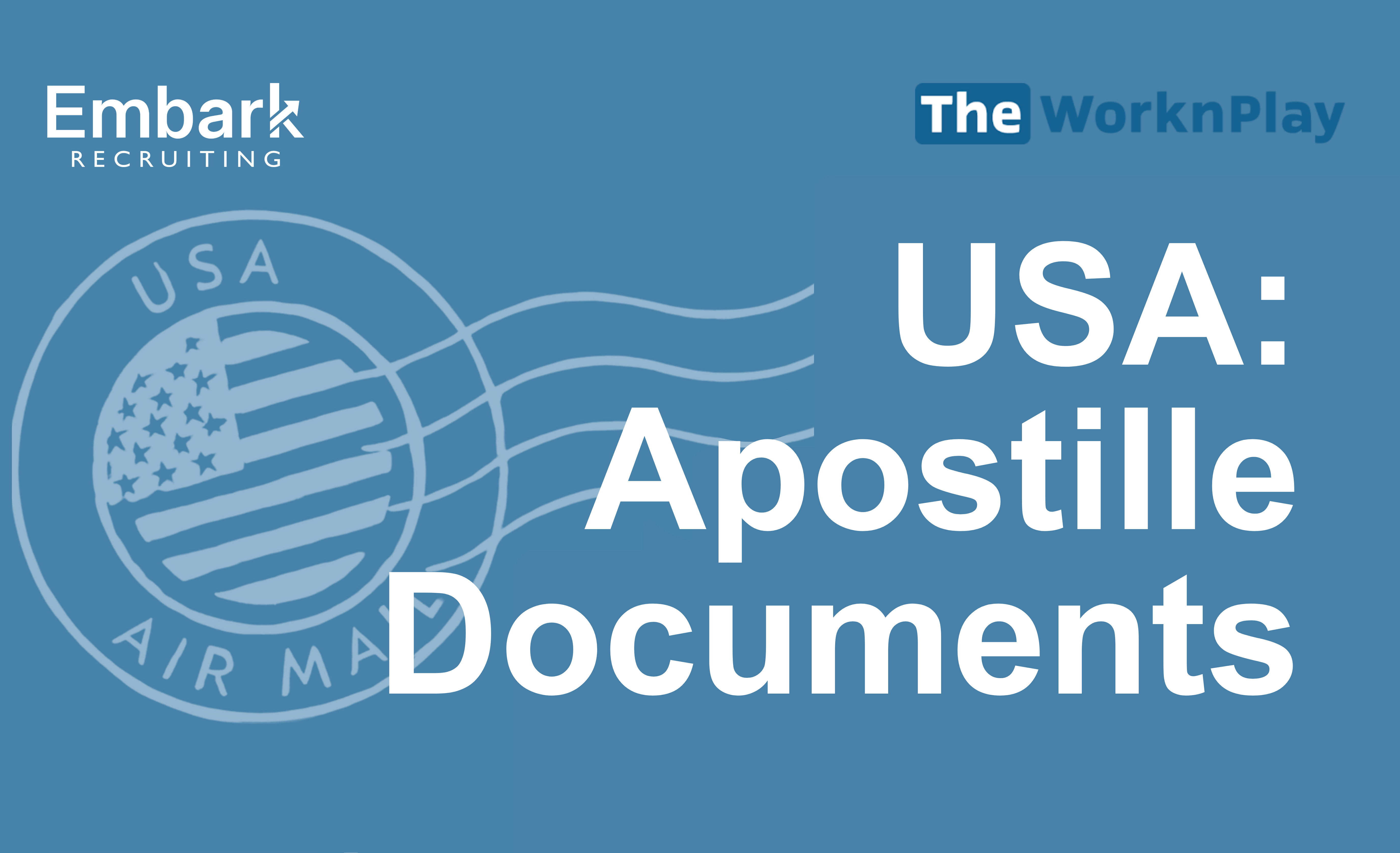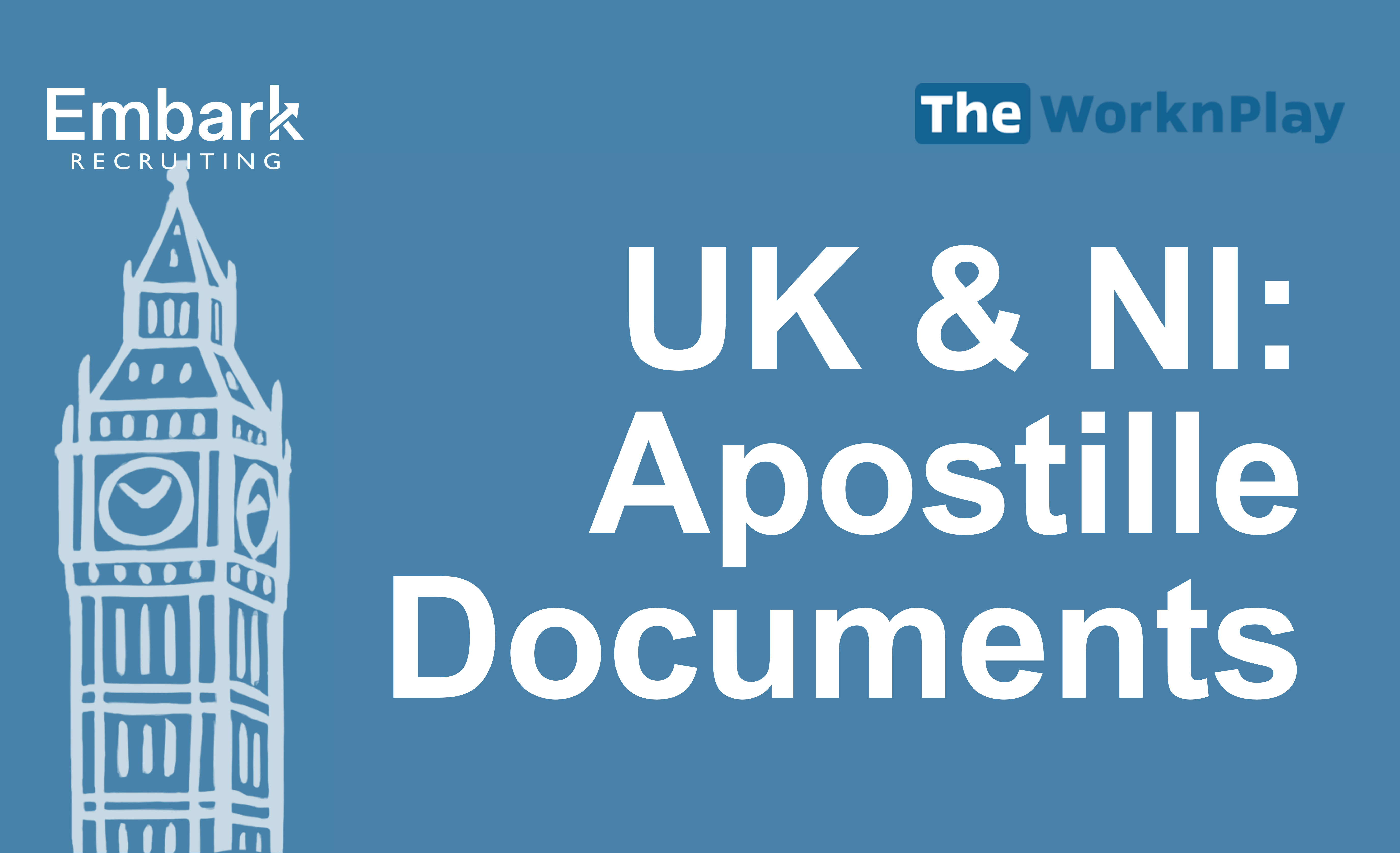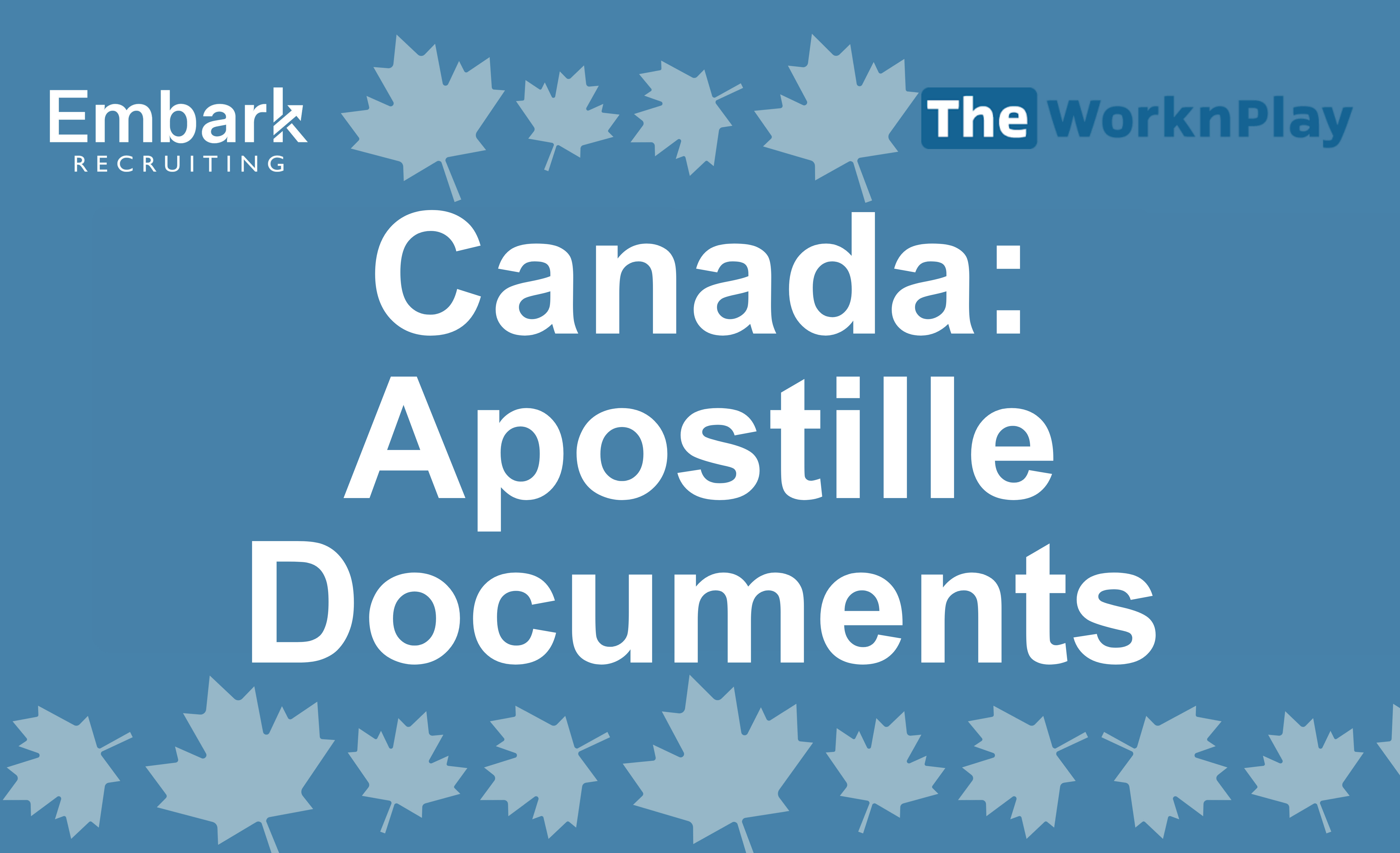
Life in Korea (1/19)
What should I bring to Korea? (Information on buying flights, packing etc)
Booking a flight is easy but the steps in this process might not be the most obvious. Booking your flight First, look at your contract. There will be a maximum amount that the school will reimburse you for; this can typically range from 600,000 Korean won to 1 million Korean won depending on the school. You are more than welcome to go over this amount, but please be aware that you will be paying the excess. Your recruiter will ask for the dates that you can arrive into Korea; this is typically dictated by when the housing is available and training can start. Second, do some research. Using websites like Skyscanner and Google Flights can be helpful to see what is out there. However, more recently, airlines have been doing special deals if you book with them directly, so please compare the prices and send which flight is the best for you. Third, we will send the options to the school and get their approval. Once this has been established, go ahead and book the flights. The school will reimburse you based on their own internal policies (after 3 months or in the first payment etc). Fourth, once everything has been booked, please send the receipts to your recruiter and make sure to include the flight codes. We will check once you are in the air and if there are any delays, we will let the school know. Pre-Flight Checklist Passport that has more than 6 months’ validity Download KakaoTalk on your phone and let us know your ID. 2-3 passport photos for your medical check Money – either some Korean won in cash or an international credit card. Please make sure to notify your card company that you will be traveling to Korea so they do not put a lock on your card. This needs to last you until your first paycheck. Make sure you have power adapters to charge your devices upon arrival. Korea uses plug type F, which is the plug that has two round pins with two earth clips on the side. South Korea operates on a 220V supply voltage and 60Hz Medications – You are allowed to bring a 3-month supply of your medications without a doctor’s note. After that you will need to be prescribed by a Korean doctor. What to Pack: Packing Checklist Important Documents to Pack: Passport & Visa Documents Driver’s License (International Driving Permit if needed) Health Insurance Documents (or enrollment in Korean National Health Insurance) Other Documents (birth certificate, work/school contracts, etc.) Clothing (for all seasons): Korea lies in the temperate mid-latitudes, which means we get to enjoy all four seasons. Summers can get hot and humid, while winters are cold and dry. Korea's monsoon or rainy season starts in mid-June and typically ends in mid-July. Clothes are relatively cheap in Korea, but physical stores may have limited sizes. Winter (Dec-Feb): Warm coat/parka, gloves, scarf, boots Spring/Fall (Mar-May, Sept-Nov): Light jacket, sweaters, comfortable shoes Summer (Jun-Aug): Lightweight clothing, umbrella, sunscreen, breathable shoes Toiletries & Personal Care: Basic Toiletries (products that you absolutely need from your home country) Prescription Medications (with a doctor’s note)* *Please check in advance if your medication is permitted in Korea before bringing it with you (maximum of 6 bottles). Electronics: Phone & Charger Laptop (check plug type: Korea uses 220V with Type C/F plugs) Power Adapter (for Korean outlets) Portable Charger Money & Banking: Bank Cards & Cash (some cash in Korean Won for initial expenses) Banking Info (for setting up a local account), e.g. your home account number and sort code and the best way to transfer money from one account to the other (more information on this later) Food & Snacks: Favorite Snacks (things you can’t find easily in Korea) Special Dietary Foods (if applicable) Please be aware that specific items will have to be declared in customs once you arrive in Korea. Please research Korea's customs clearance procedure, and what is permitted in advance.










